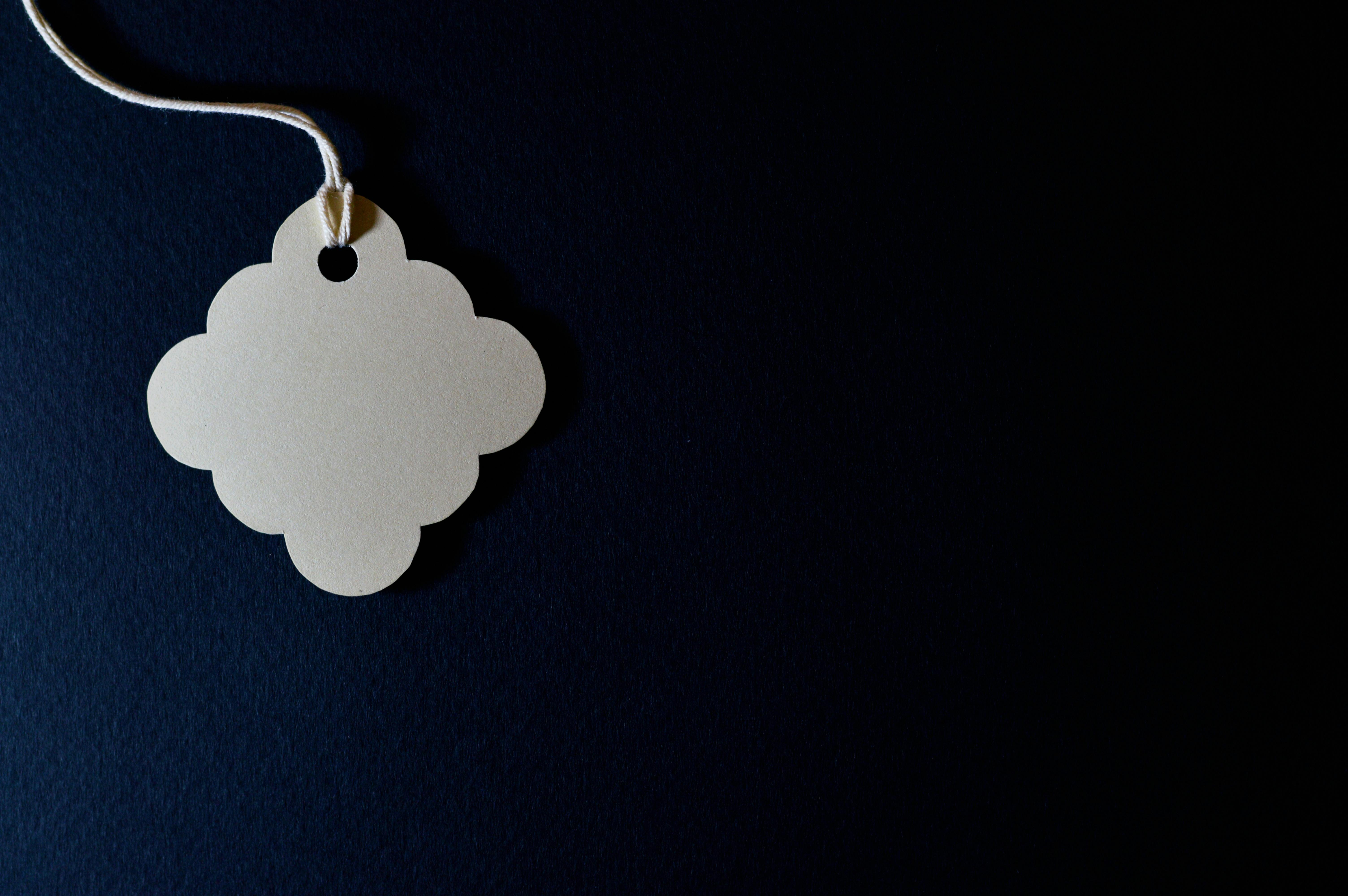
Why friendships grow cold and what to do about it
All relationships come with an expiration date.
Listen in a TV series
Do you feel sad about old friendships that have lost their warmth?
Have you ever wondered how and why these relationships lost their closeness?
If you do, you are not alone. Me too and millions of others too.
It saddens us that many of our old friendships have atrophied over the years and have become well-known mothers. It is not that there were differences of opinion and we shared paths. It’s not like we quarreled over some issues and promised never to see each other again. No. None of that. They just gradually lost steam and one day we realized that the spark had gone out in our friendship. And we feel sad. It leaves a kind of void in our lives.
This happens to all of us. Each of us can make a long list of friends who were once very close to us, but not so much anymore. We remember them fondly, cherish the memories and sigh.
This has happened to me over and over again and has made me very distressed, just like you.
In trying to understand why this happens, this is what I realized.
In the business world, there is a concept called the product life cycle. Put briefly, it means that every product (or service) goes through the stages of concept, development, launch, refinement, maturity, decline, and obsolescence. The corresponding terms in Indian philosophy are utpatti, sthiti and laya.
I think this model is also applicable to friendships. They also go through these stages. They sprout, they grow, they flourish and, unfortunately, they wither.
Everything that is created ultimately has to perish.
On the other hand, every relationship has a context in which it is based. This context can be your school or university, the organization you work for, the town or city you live in, or the club you are a member of. As long as that context exists or as long as the parties to the relationship are within the scope of the context, the relationship can potentially continue along the trajectory mentioned above. Otherwise, there is an interruption and the relationship is in jeopardy. Remember how many friends you have lost because you (or your friend) moved to another city or changed schools.
The context can also be interests. Common interest is a very powerful uniting factor. But as we get older, or as time goes by, our interests change. With the change of interests, friendships change.
Another strong context is other relationships. Since entering into other relationships involves investing time and energy, each new relationship draws time and energy from existing ones. Remember how drastically your time with friends dropped after you got married or got a job?
It’s like a kaleidoscope. A certain arrangement of pieces is produced that delights the spectators. In relationships, it also delights the pieces as they are live. Then something happens and the arrangement is altered, it can never be restored.
What can we do about it?
Once again we can look to the concept of the product cycle to save our relationships. To beat obsolescence, the business world keeps modifying the product in one way or another and keeps coming out with a ‘new and improved’ version. Or deliberately change the context. For example, you can start targeting another market. Thus, it breaks the product’s life cycle and gives it a new lease on life. This, for them, is an ongoing process.
Is there anything we can do to convert relationships to their ‘new and improved’ version? Can we add something to them? Can we take something away? Can we bundle them with some new items? Any new address?
Second, can we find another context acceptable to both or all parties to the relationship so that we can free ourselves from the old, and therefore now non-existent, context and found our relationship in that new context? In both cases, the life cycle of our relationship will be broken with a new and improved one.
If we can do this, we won’t be left wondering what caused the relationship fountain to dry up. We would be too busy enjoying its current version and thinking about its constant improvement.
And then what was heard on the soap opera would not be true.
Do you think this is a viable plan? Let me know.